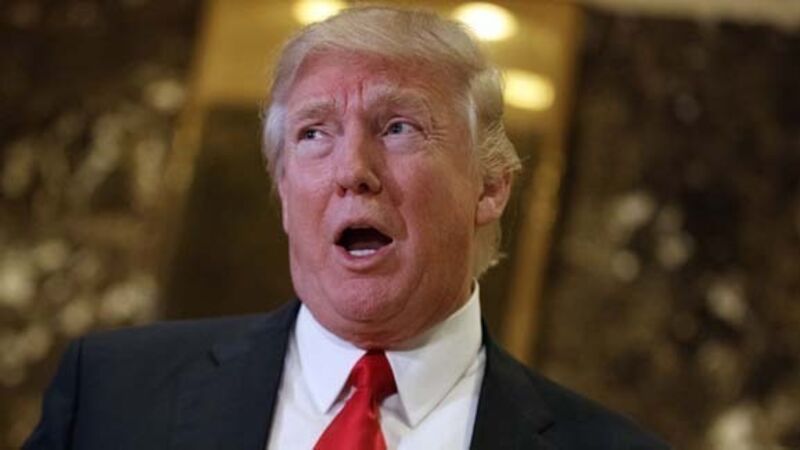An unfettered Trump makes US unreliable

Striking a balance between paranoia and preparedness is an unavoidable challenge. Reaching a reasonable, sensible position demands perception and an understanding, even a curious lay-man’s one, of how the cogs of our world spin and, more importantly, how they can be manipulated.
The great difficulties around finalising an international agreement to try to avert climate change is an example of this balancing, but there are many others most of which underline humanity’s increasing vulnerability.
















